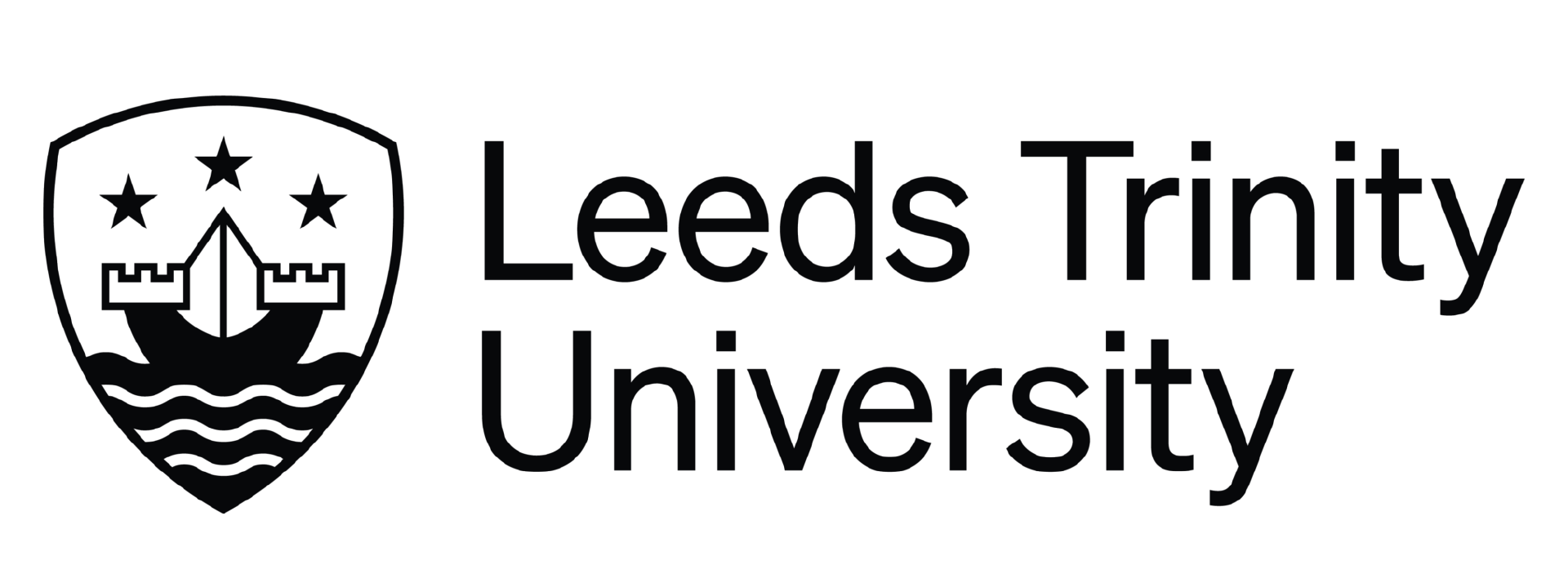Monika Antal, YU Assistant Director
This article was first published by Wonkhe on 25 June 2024
A root and branch audit of twelve higher education institutions across Yorkshire has found that students across the region are being offered real-life challenges to apply their academic knowledge and critical thinking skills to meet genuine community needs related to sustainability through service learning.
The findings are revealed in Yorkshire Universities’ newly published good practice guide for engaging students with sustainability through service learning.
The guide is designed as a blueprint that can be used by other HEIs wishing to drive student engagement with sustainability. It is the culmination of a £20,000 UPP Foundation-funded pilot project to better understand the extent to which sustainability is embedded in curricula and how students are engaging with sustainability through service learning across the twelve members of Yorkshire Universities (YU).
Service learning is a pedagogy that integrates academically purposeful activity with a wider human or community need. In this instance, universities were providing educational opportunities for students to use their skills and knowledge on solving genuine sustainability issues in the region through collaborative partnerships between the higher education institutions and the communities they serve.
The aim through this funding programme was to develop green and sustainable civic universities in line with the goals set out in the UPP Foundation’s strategy and Student Futures Manifesto. Piloting environmental service learning directly responded to, and helped to deliver on, the goals in the manifesto.
A dedication to sustainability
The audit concluded there was “significant dedication to sustainability across all twelve member institutions” which is demonstrated in their curriculum approaches. This included alignment with the UN Sustainable Development Goals in university strategies or subject disciplines, implementation of Education for Sustainable Development frameworks, carbon literacy training, student-led conferences, and community-engaged projects.
The guide also highlights the value of sustainability service learning and how it connects student research, knowledge and understanding with local third sector and employer needs, solving real-life challenges and making a tangible difference in their communities.
This was borne out in the pilot project, which issued all twelve YU member institutions with £1,000 to use towards boosting extra-curricular projects with a community focus and benefit. These funds helped deliver a range of activities, including prize money for a sustainability challenge activity; establishing student sustainability societies; supporting student internships or employment; co-producing resources, materials and insights; and running fieldwork projects.
Community-focused projects ranged from planting 10,000 sphagnum moss plugs at Sheffield Hallam University’s Conservation Challenge Day, to celebrating World Environment Day, with a painting competition at the University of Bradford, to the University of Hull’s Climate Café hosting a competition relating to sustainability challenges specific to the university with participants devising potential solutions.
At York St John, a student-led café was piloted on campus providing affordable, healthy, locally sourced food, a hub for socialising and opportunities for volunteering and developing leadership skills. Leeds Conservatoire enabled its students to do environmental field recordings and Leeds Beckett University invited a green building company to set a real-life brief for its students to solve as part of a challenge day that they would not have been able to do otherwise.
Encouragingly, institutions reported that even a small amount of seed funding made a considerable positive difference, illustrating that small investments can yield significant outcomes. Community partners benefitted from a diverse range of student perspectives and the funding meant we could engage a wider range of students who would otherwise not have got involved in sustainability activities.
The resources and activities delivered through this project have helped to build capacity for engagement with sustainability among both students and staff. For example, the use of student interns to film and edit video resources on education for sustainable development at the University of Sheffield was valuable to the institution as this is something staff would not have had the time, or necessarily the expertise, to do.
Insight into what works
The guide showcases our learning at a regional level and we present insights on what works related to:
Collaboration with external partners to embed positive impacts beyond the university. This has allowed students to solve real-life challenges and make a difference in their communities and crucially by engaging directly with local employers, students have increased their sense of belonging and the experience has enhanced their employability skills. At Leeds Beckett University, a collaboration between students and a Yorkshire-based business, Green Building Renewables, on a sustainability challenge led to positive feedback from both student participants and the company, and has strengthened the university’s business engagement in the region.
Amplifying the student voice and student engagement within the curriculum. This has enabled students to play an active role in embedding sustainability into taught education across all disciplines in their institutions. An example is the University of Hull, where students from a range of disciplines have mapped their curricula against the UN SDGs and the university’s values and pillars. Students and staff have worked together to develop ideas to progress embedding sustainability into teaching and learning to ensure all students at the university are equipped with skills to lead on sustainability.
Presenting opportunities that have a clear link to employment and/or employability skills for students. This has encouraged student participation in sustainability initiatives by providing experiences that are not only beneficial for the environment, but also for students in their future careers. Leeds Arts University has partnered with Sustainable Arts in Leeds to develop a programme of activities, including carbon literacy training and student placements, to give students valuable work-based experience and enhance their employment prospects.
Providing authentic opportunities to address real-life challenges. This helps students to see the relevance of their learning and gives them an opportunity to apply their skills in a way that has a tangible positive impact. For example, Leeds Trinity University hosts an annual professional challenge themed around addressing the UN SDGs. The challenge is a two-week group project led by regional organisations, such as Leeds City Council, that brings together small multi-disciplinary groups to research and develop innovative solutions, enhancing their understanding of sustainability while honing their employability, consultancy, and teamwork skills.
Developing student personal experiences. This helps to build student engagement and commitment to sustainability learning, by providing enjoyable, social experiences. For example, the University of Bradford celebrated World Environment Day with a Sip and Paint poster competition, a relaxed and creative session in which students were encouraged to develop posters relating to the UN SDG they felt most passionate about, with prizes awarded to the most impactful and engaging entries.
Delivering this project enabled Yorkshire Universities to gain insight into the challenges for implementing sustainability service learning in higher education institutions. One key point of learning has been that, while significant positive impacts can be achieved with only a small amount of funding, new sustainability initiatives should not be regarded as a quick fix. Feedback from YU member institutions has shown that it takes time to build student engagement with sustainability. Opportunities such as challenge activities and placements need to be scheduled at times when students are not overwhelmed with exams or project deadlines. Ongoing activities, such as new student societies, may take time to bed in and need to form part of an institution’s long-term vision for sustainability service learning.
Significant value for universities
Through this project, we found that there is significant value for universities in working in partnership to address sustainability challenges through service learning. We also discovered that community partners benefit from a diverse range of student perspectives in tackling sustainability challenges, and that providing small amounts of funding can help to engage a wider range of students who would otherwise not have got involved in sustainability activities. The guide makes it clear that collaboration of students between universities should be encouraged and the importance of these activities should be showcased. This pilot has enabled us to create a deeper, wider and more ambitious student engagement with sustainability and we wish to inspire other institutions to learn from our experiences across the region.
The resources and activities delivered through this project have helped to build capacity for engagement with sustainability among both students and staff. We have used the lessons learned through this project in the development of this guide, which is intended for universities which are at the start of their journey and are considering engaging with sustainability through service learning.
Good Practice Guide












